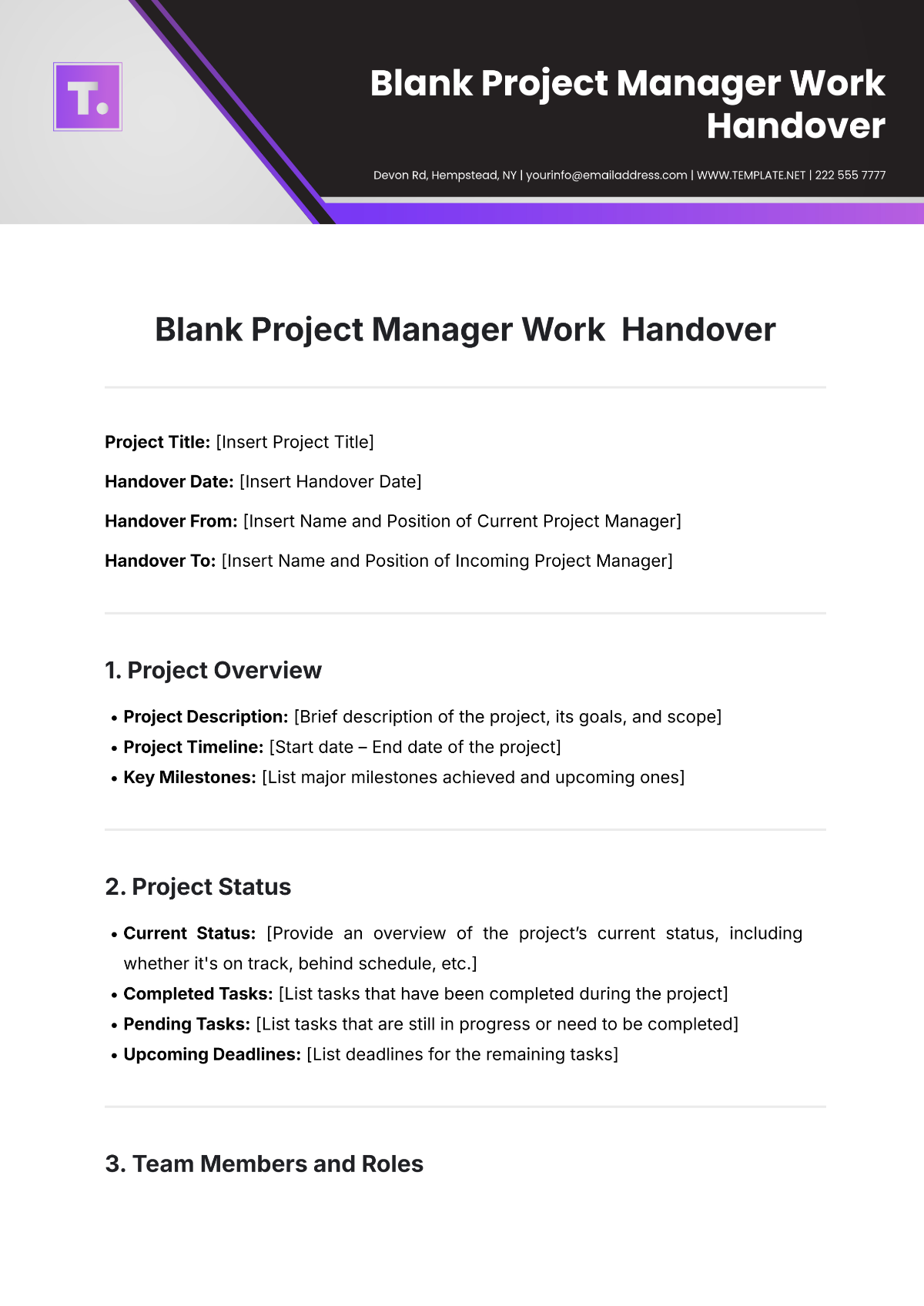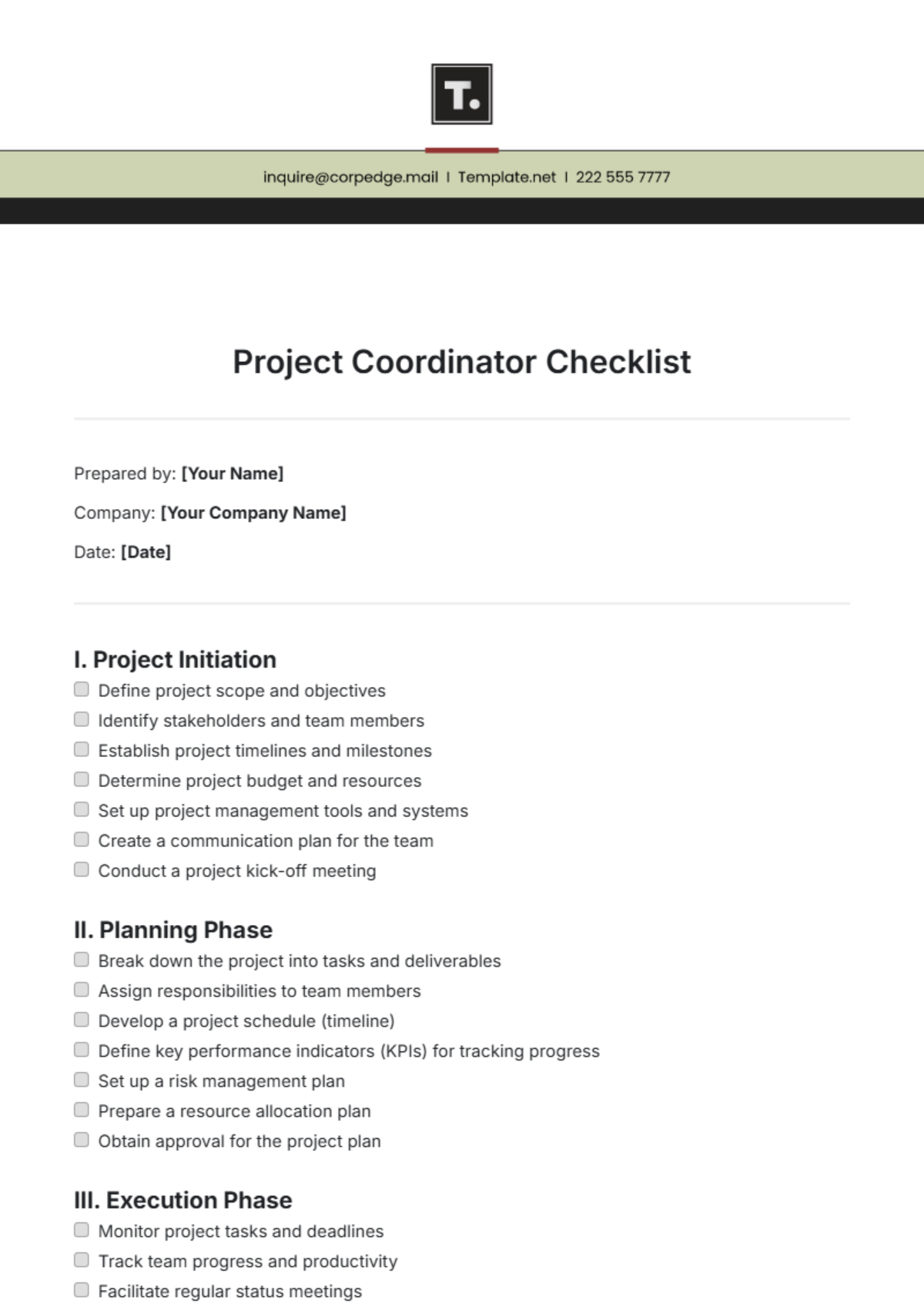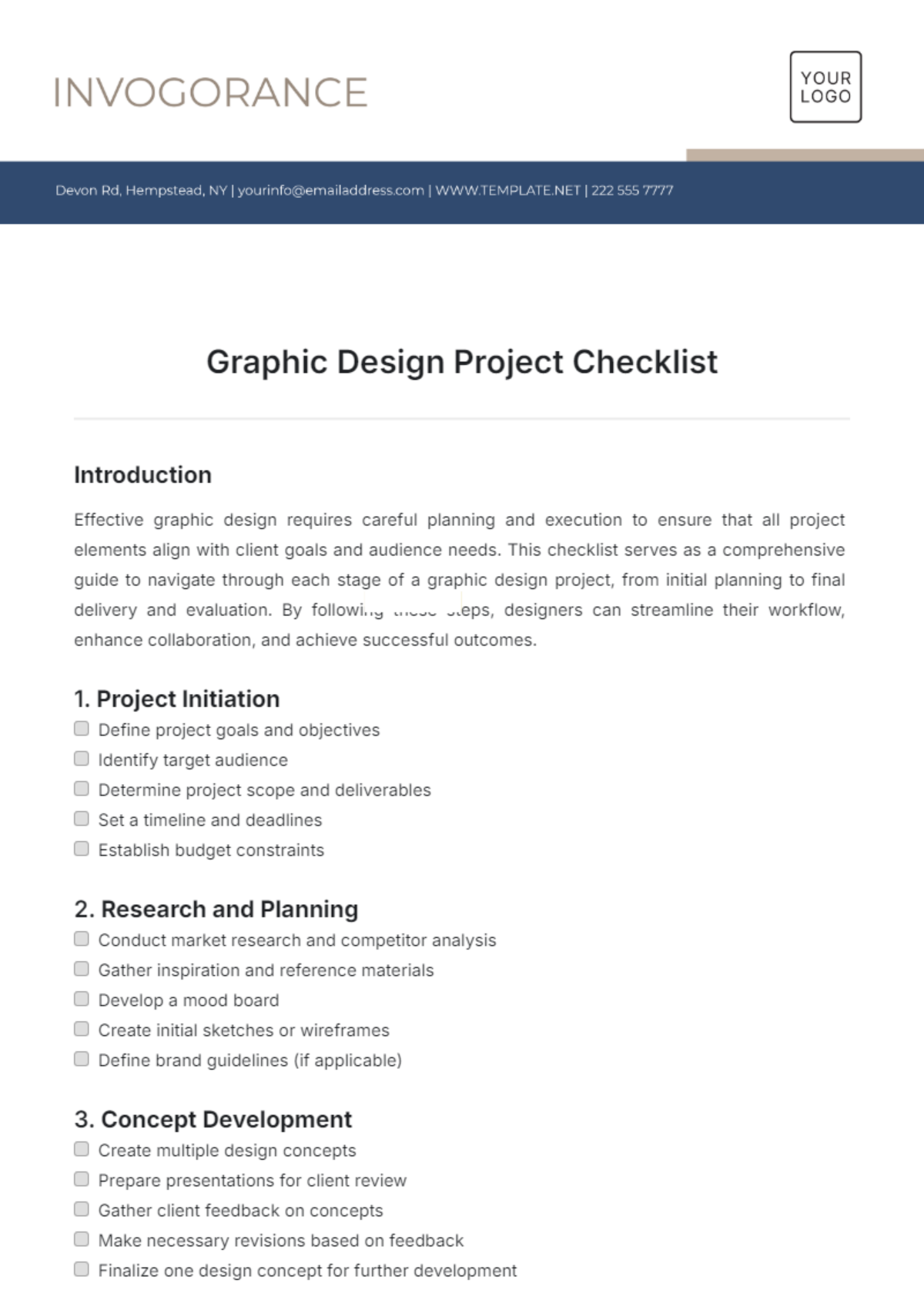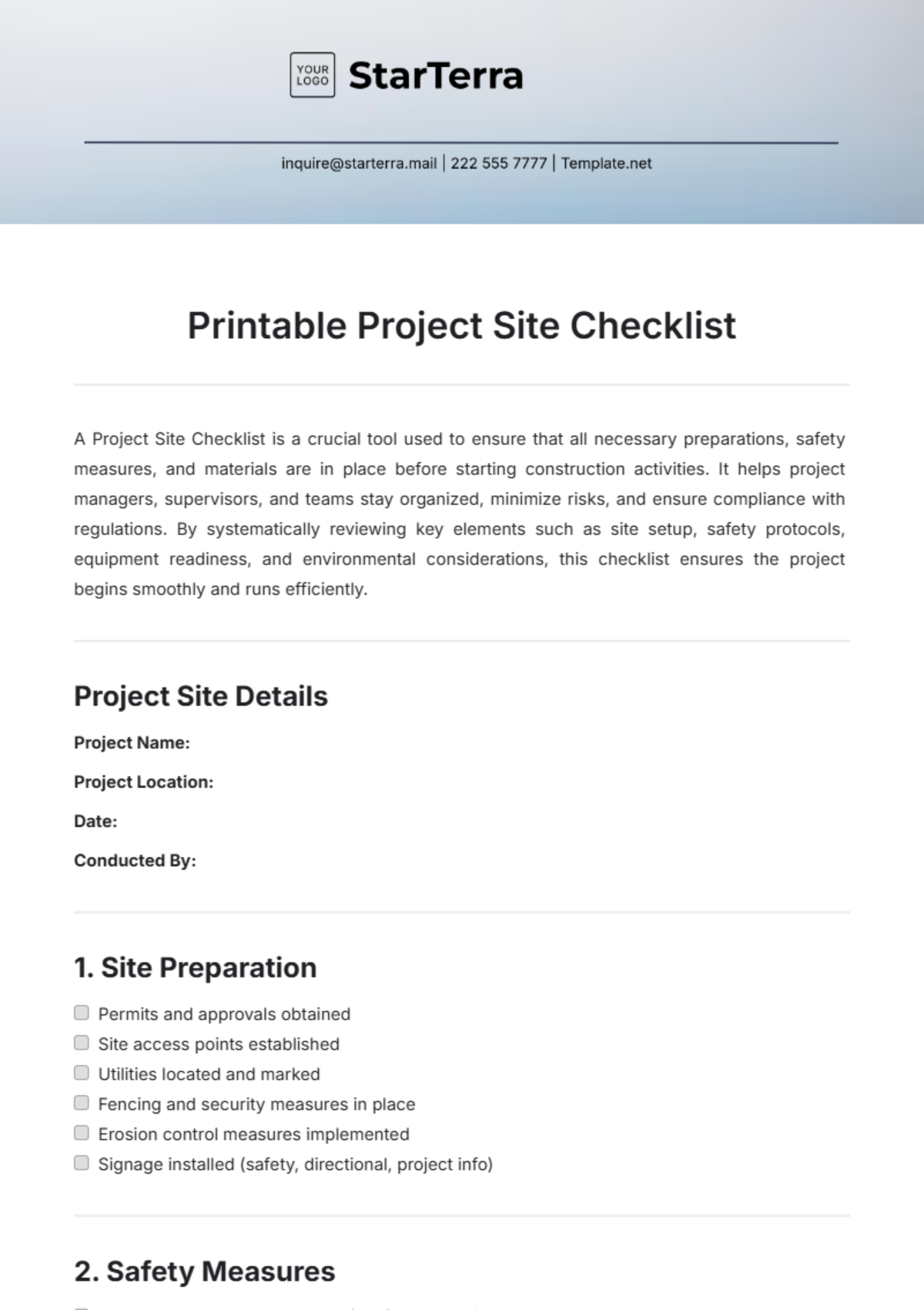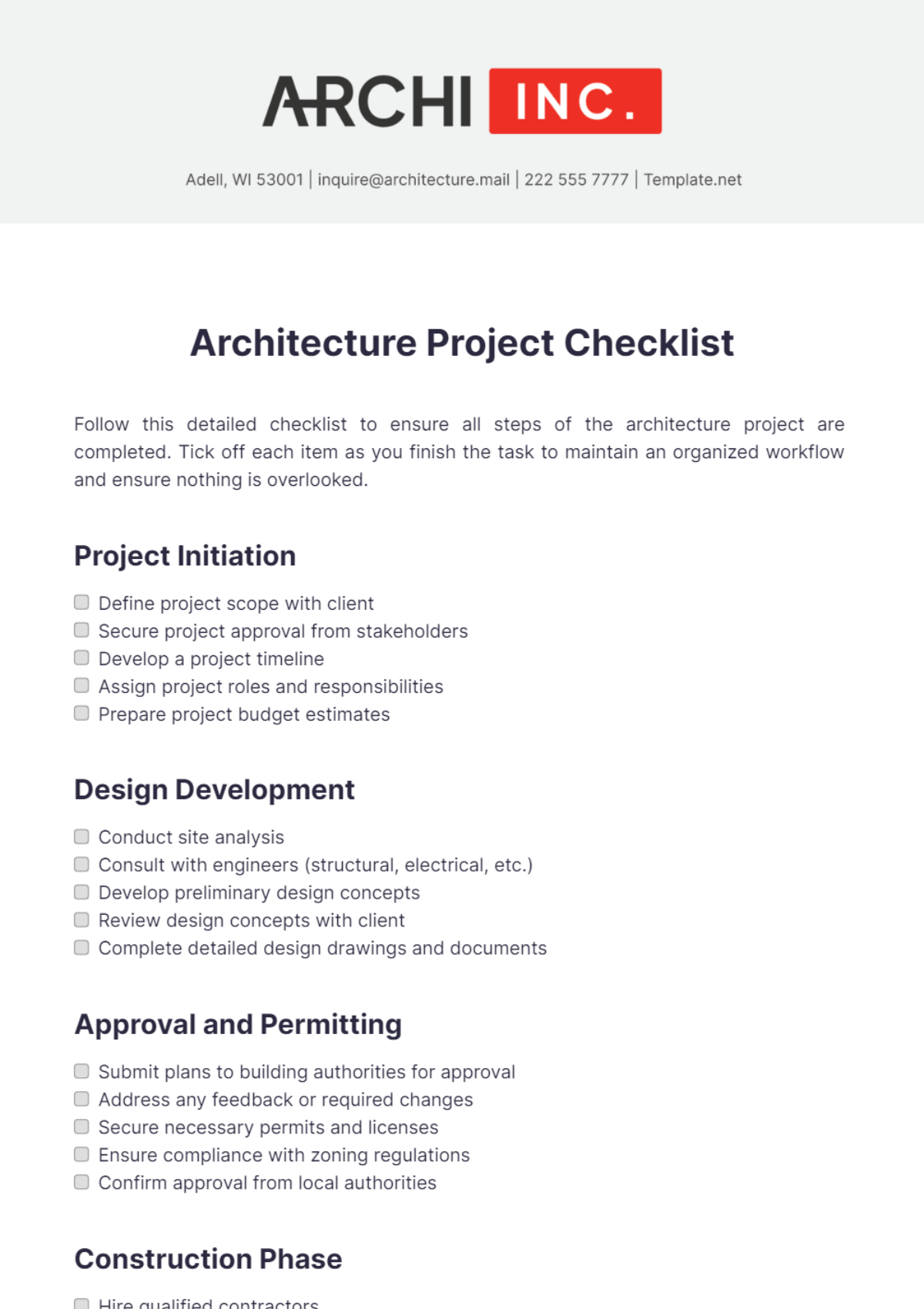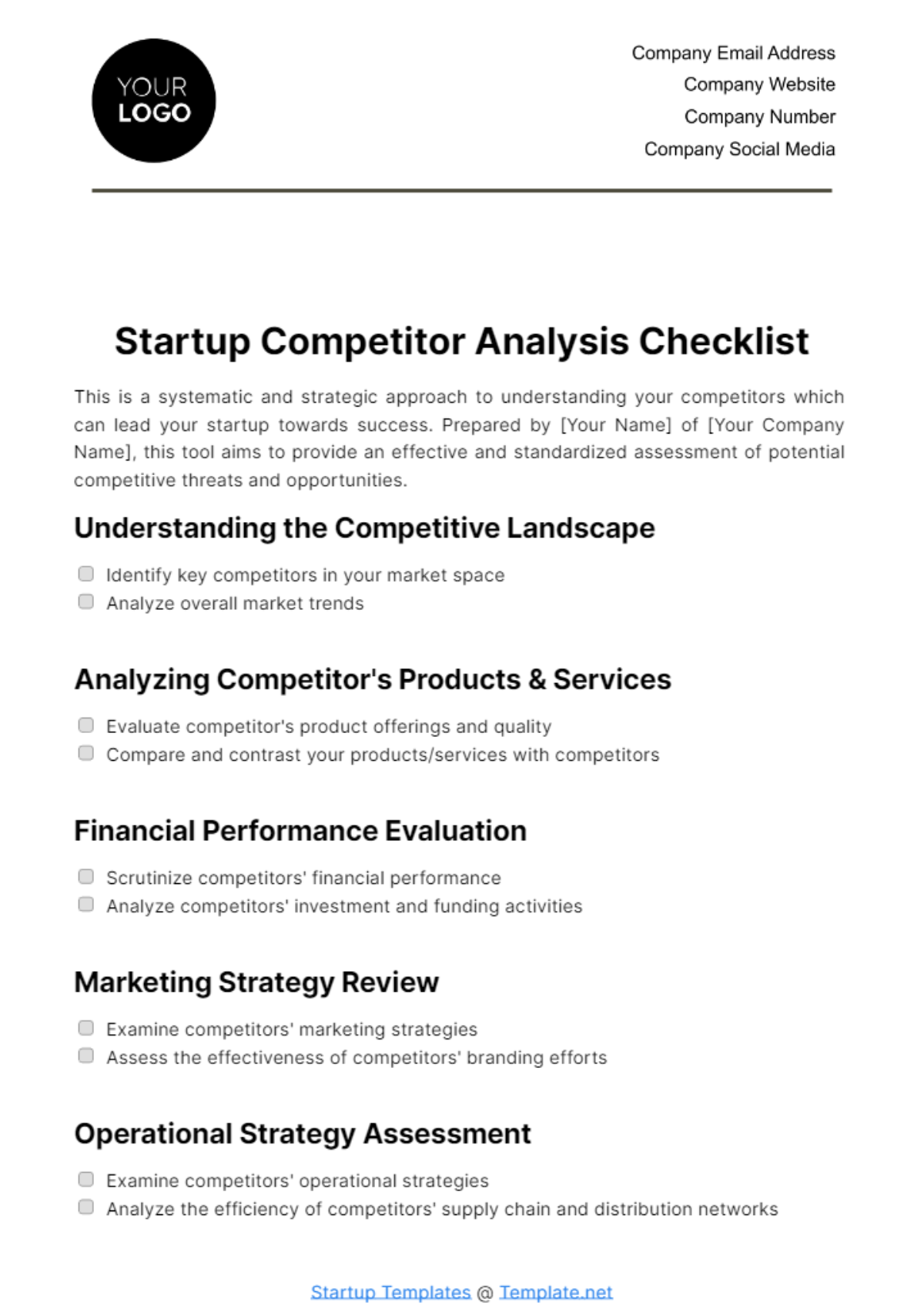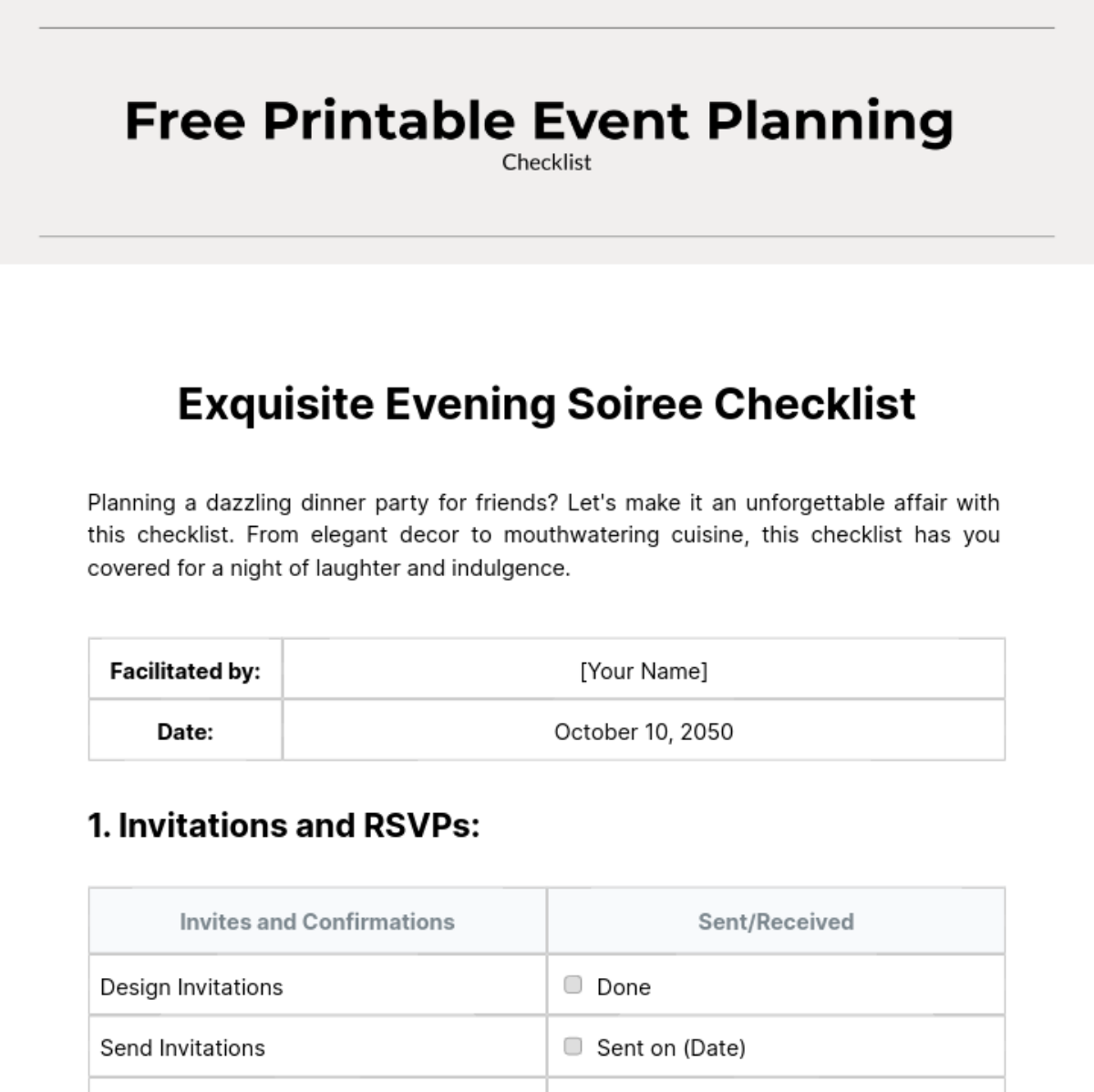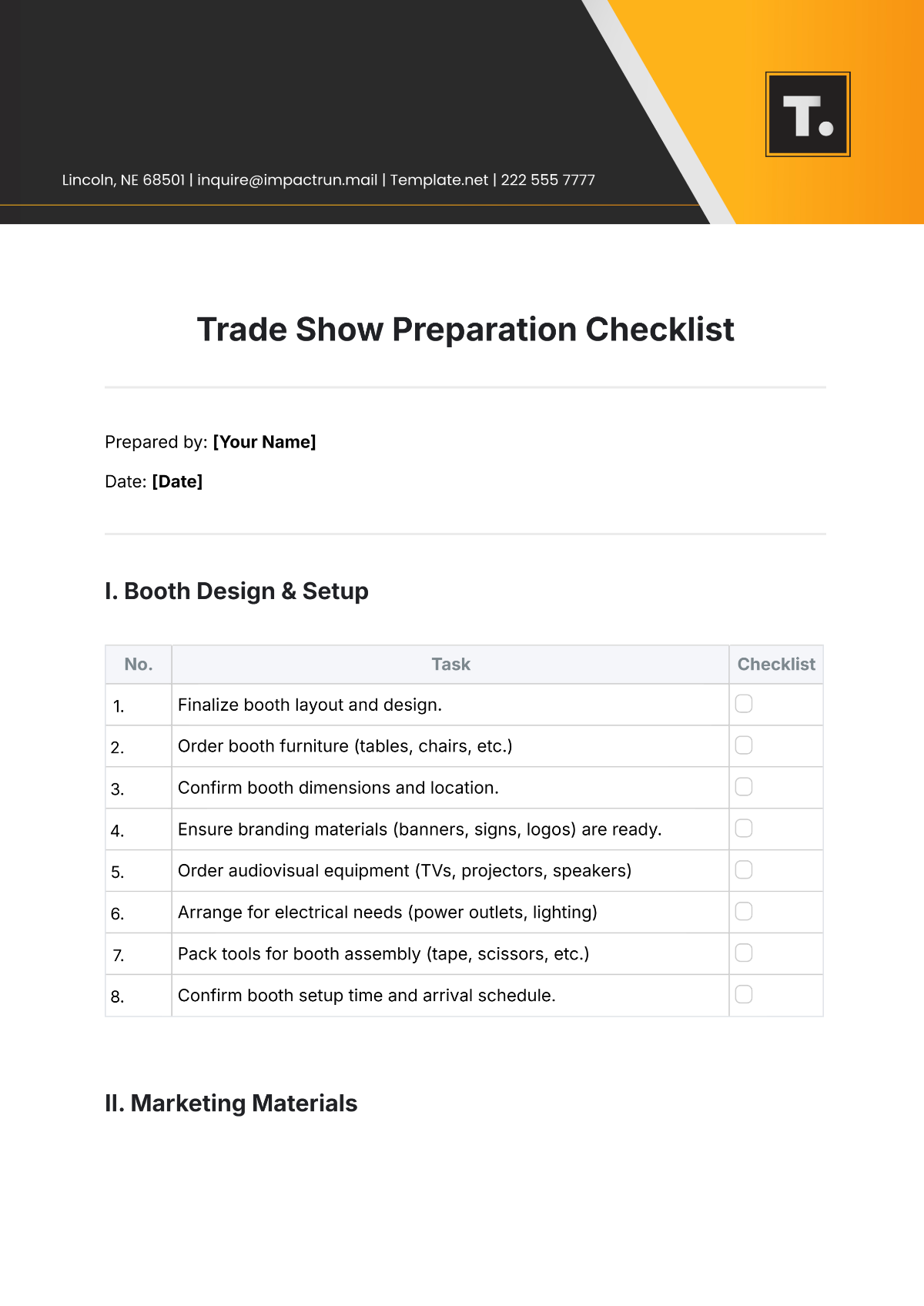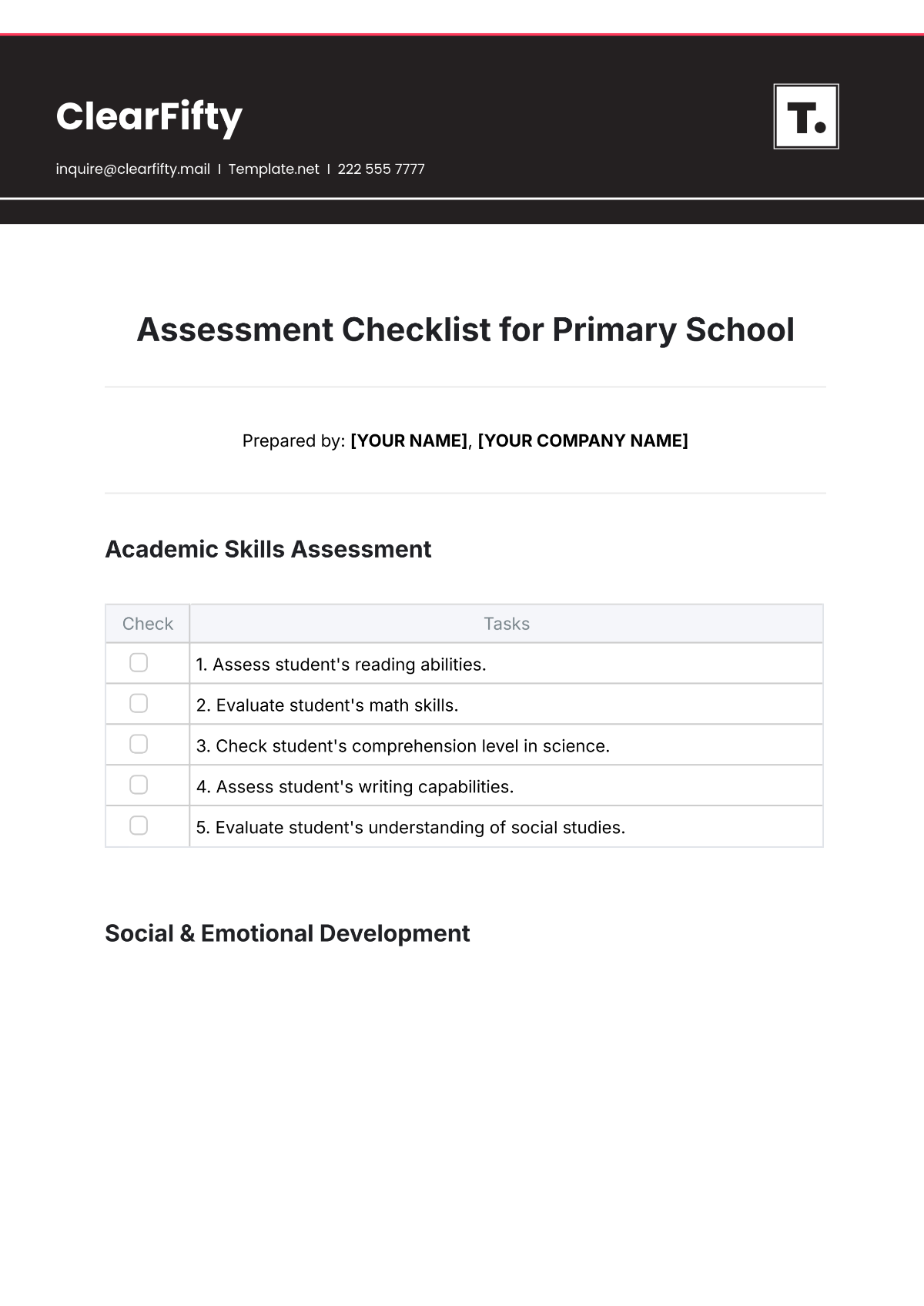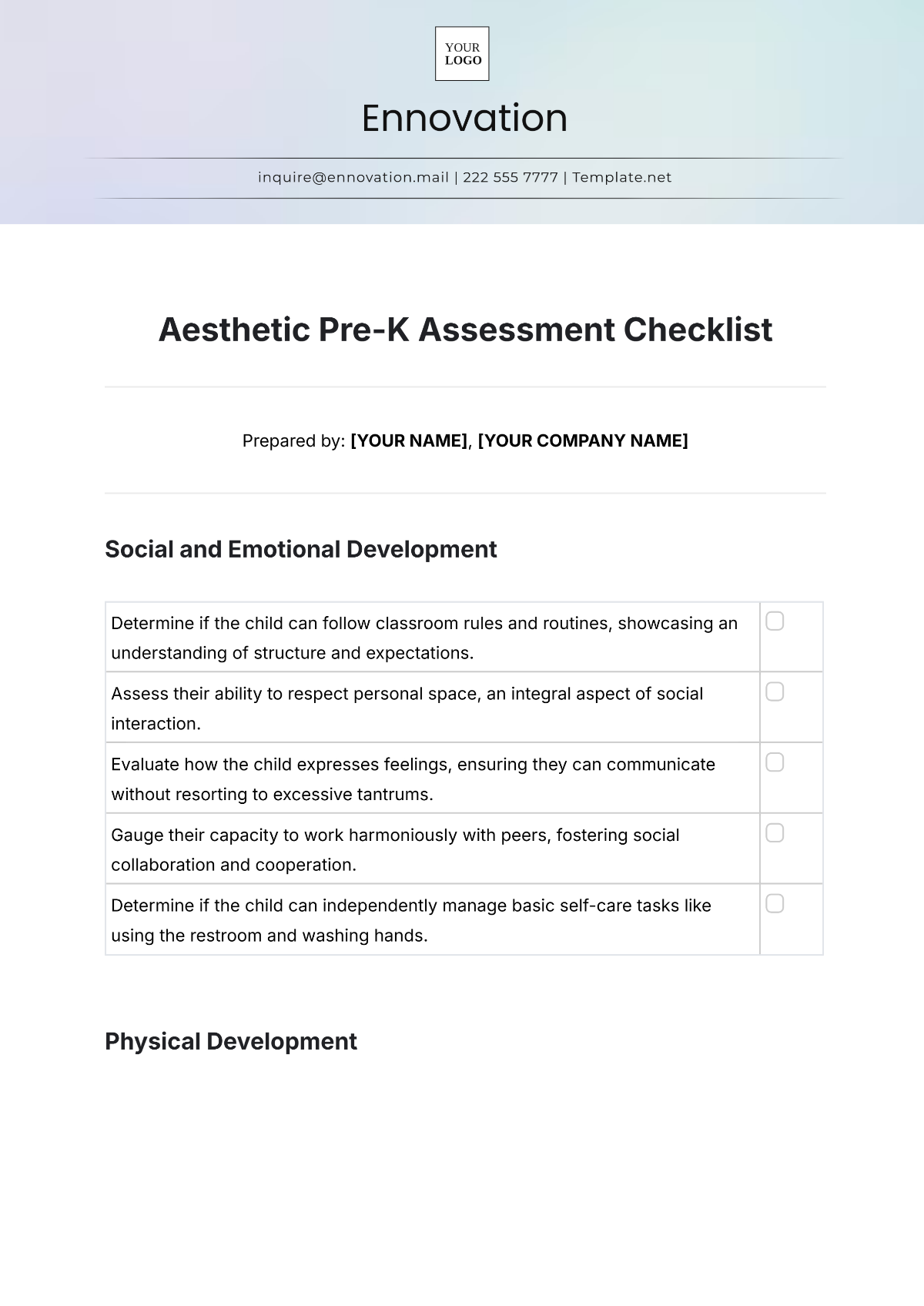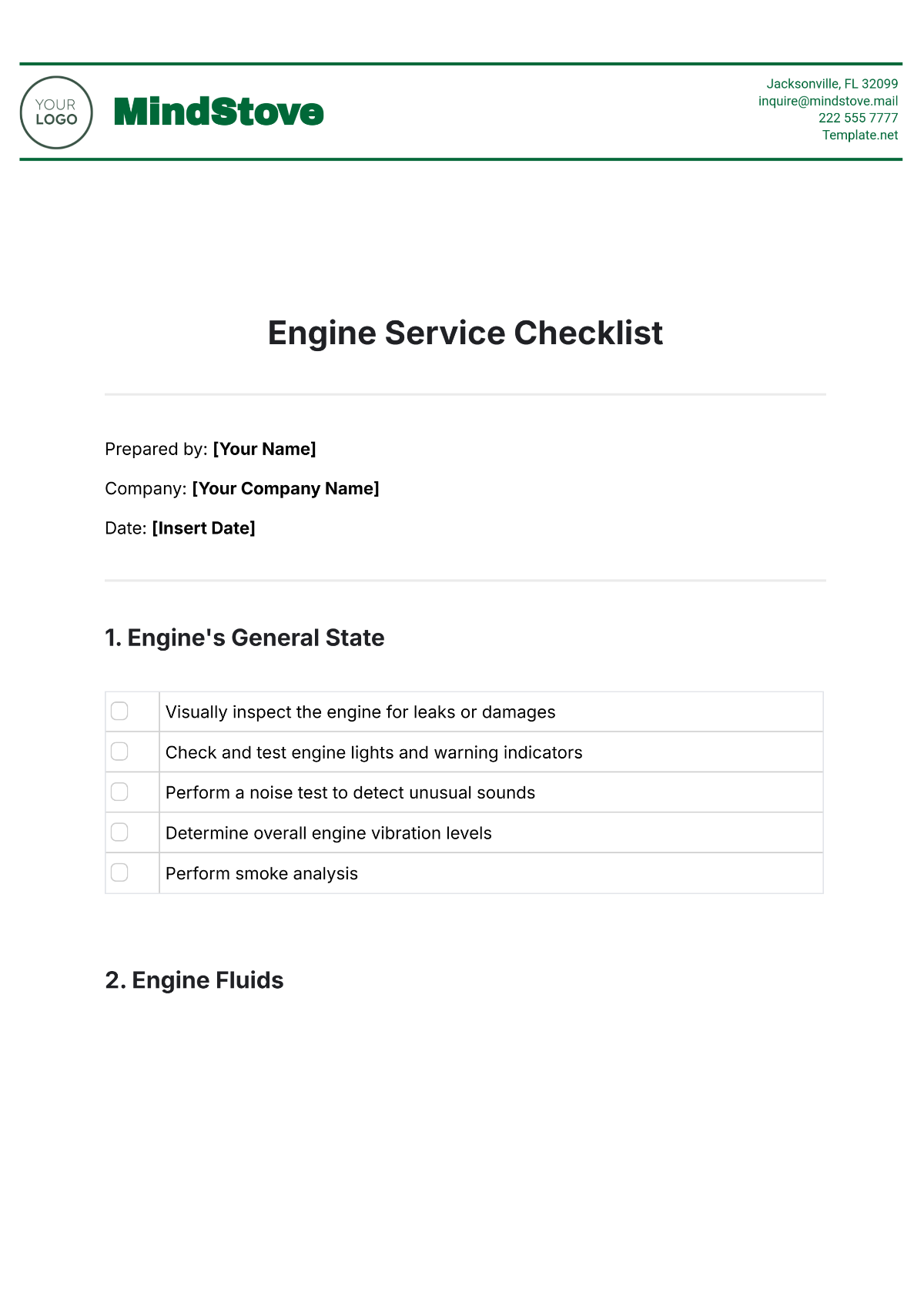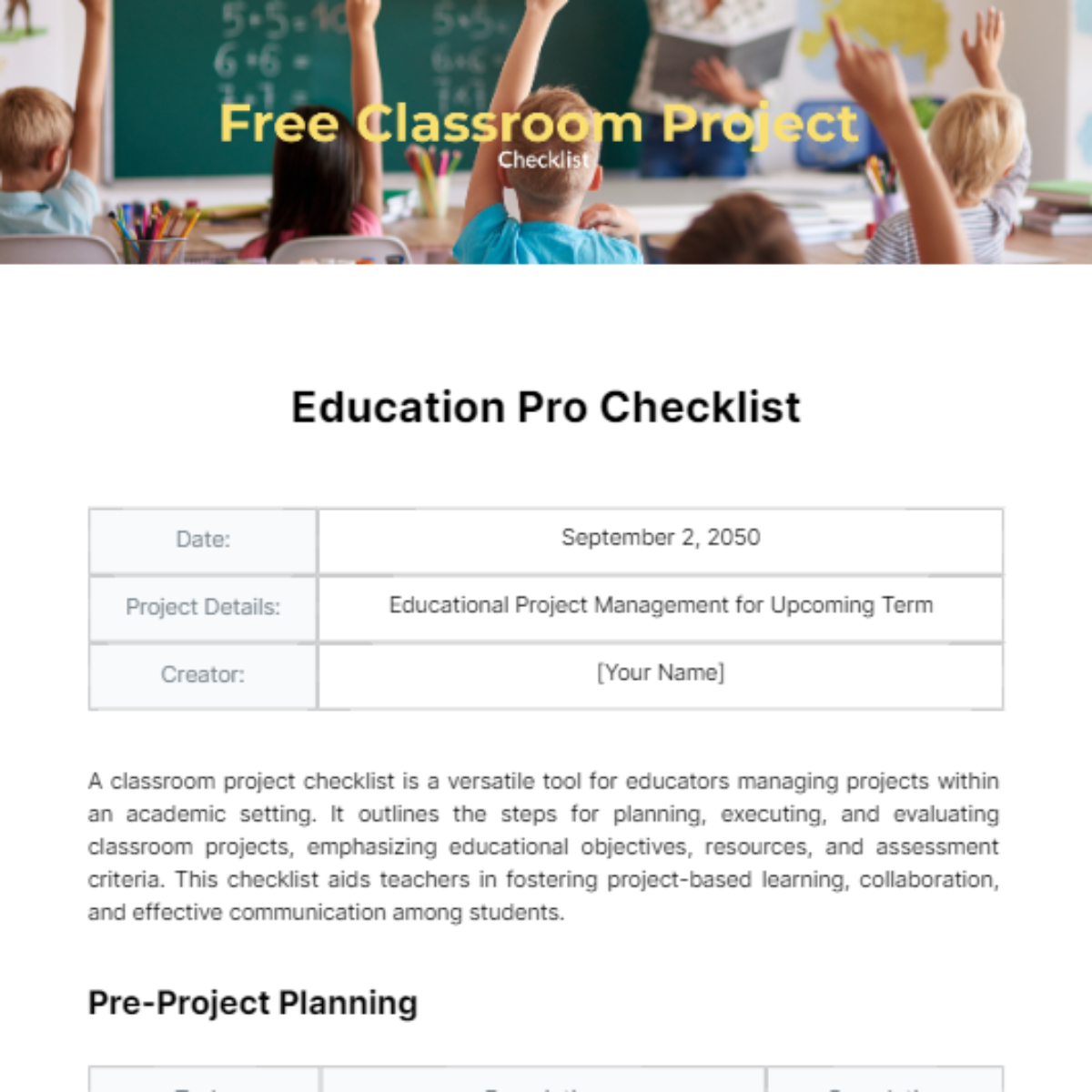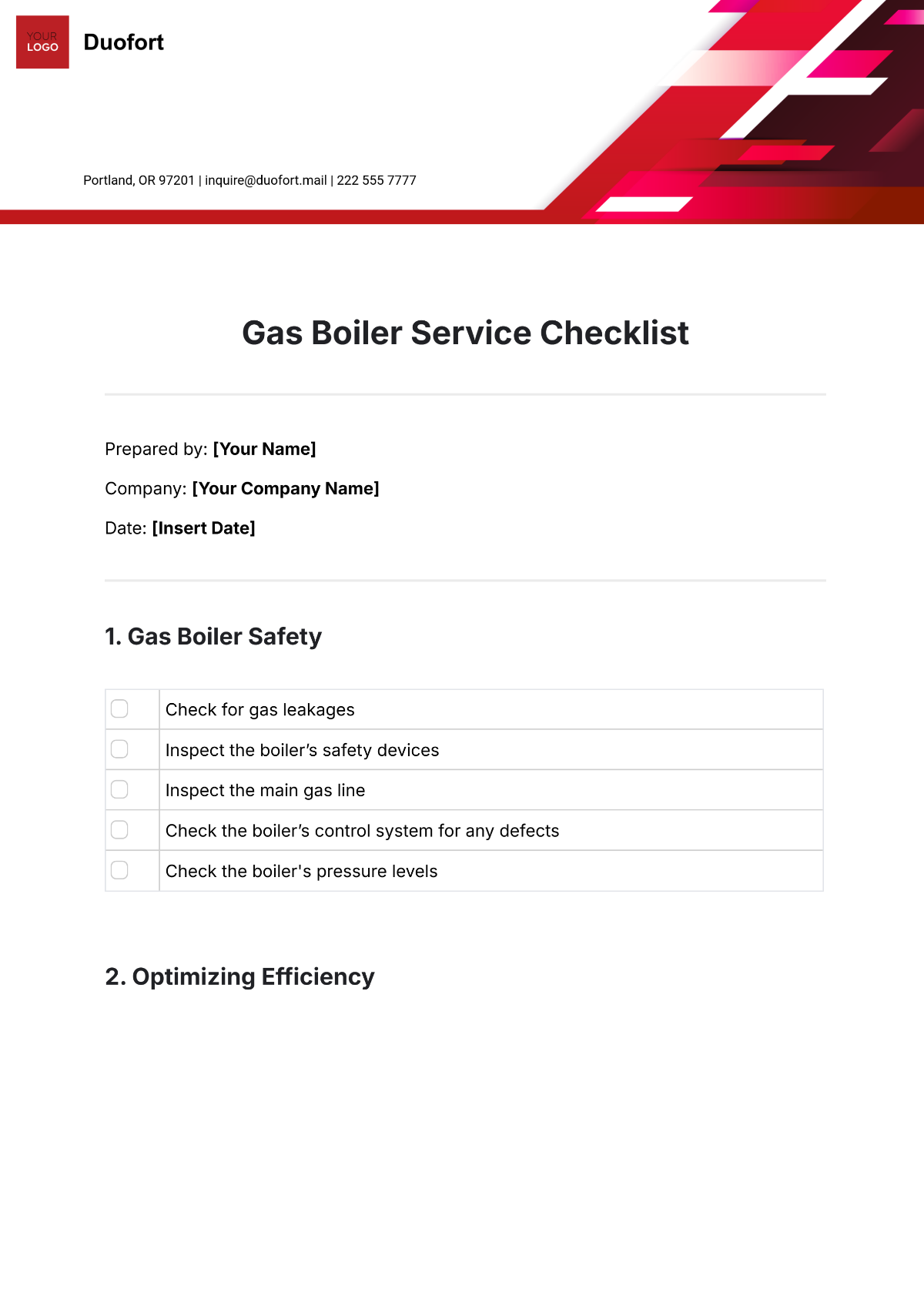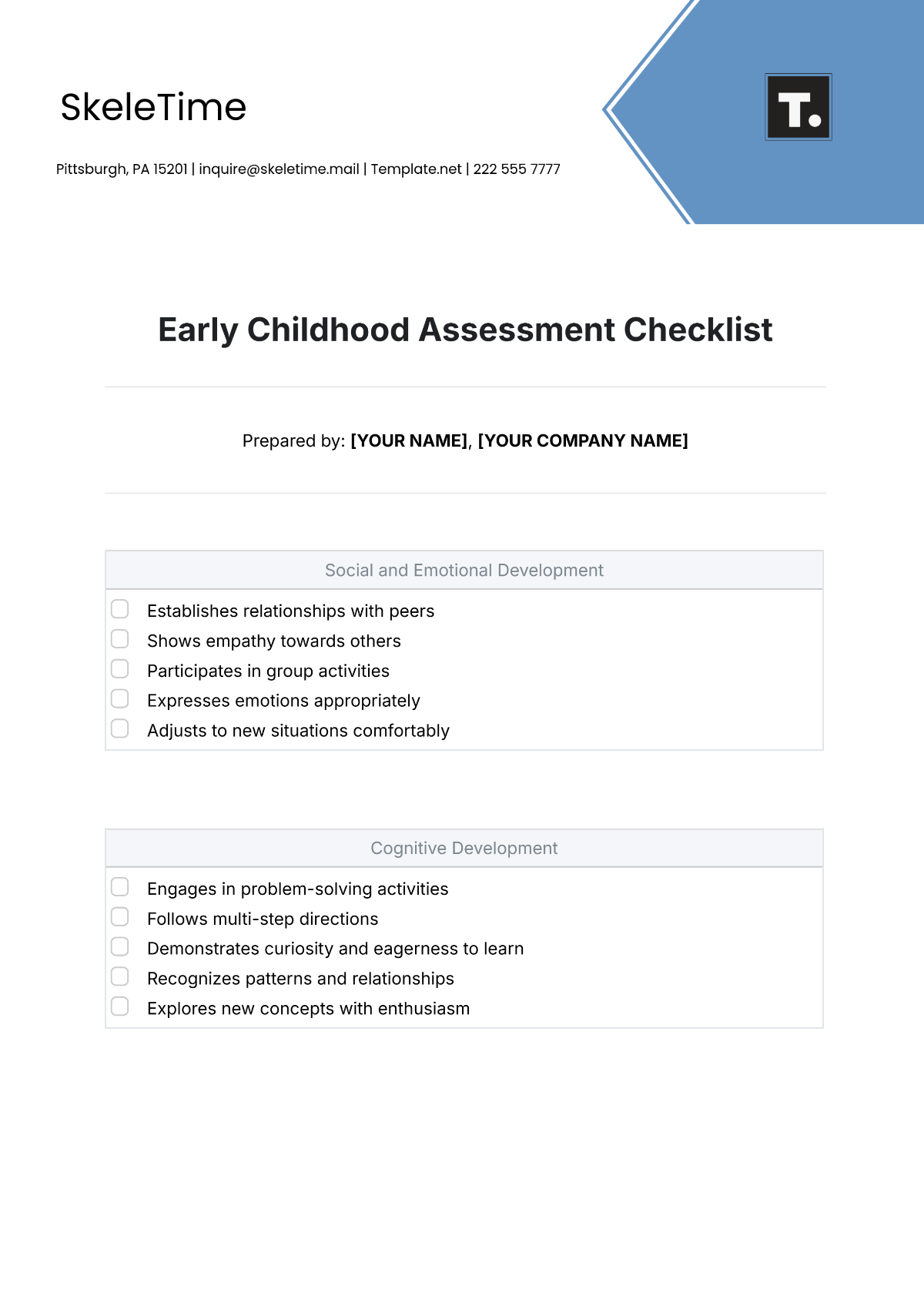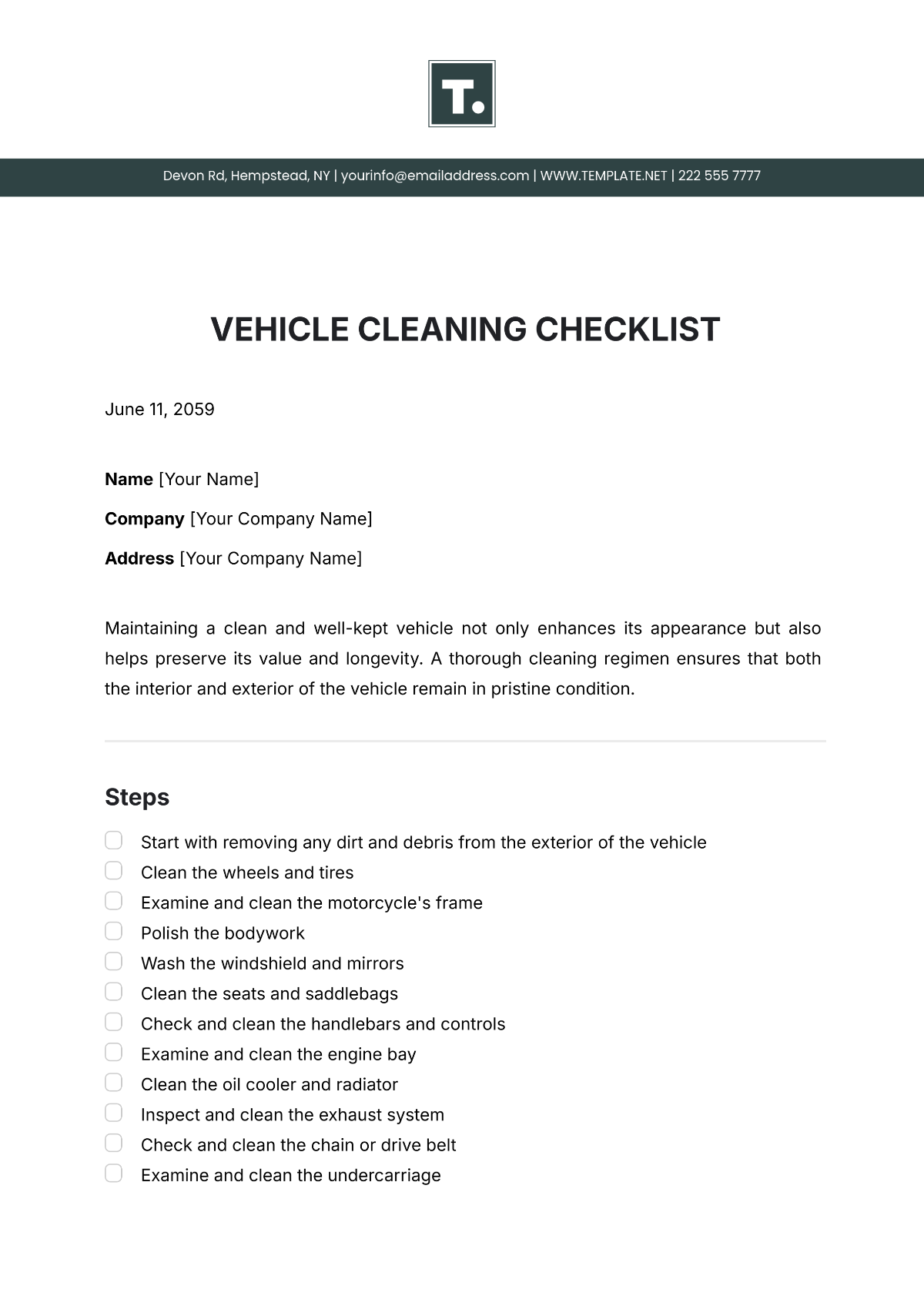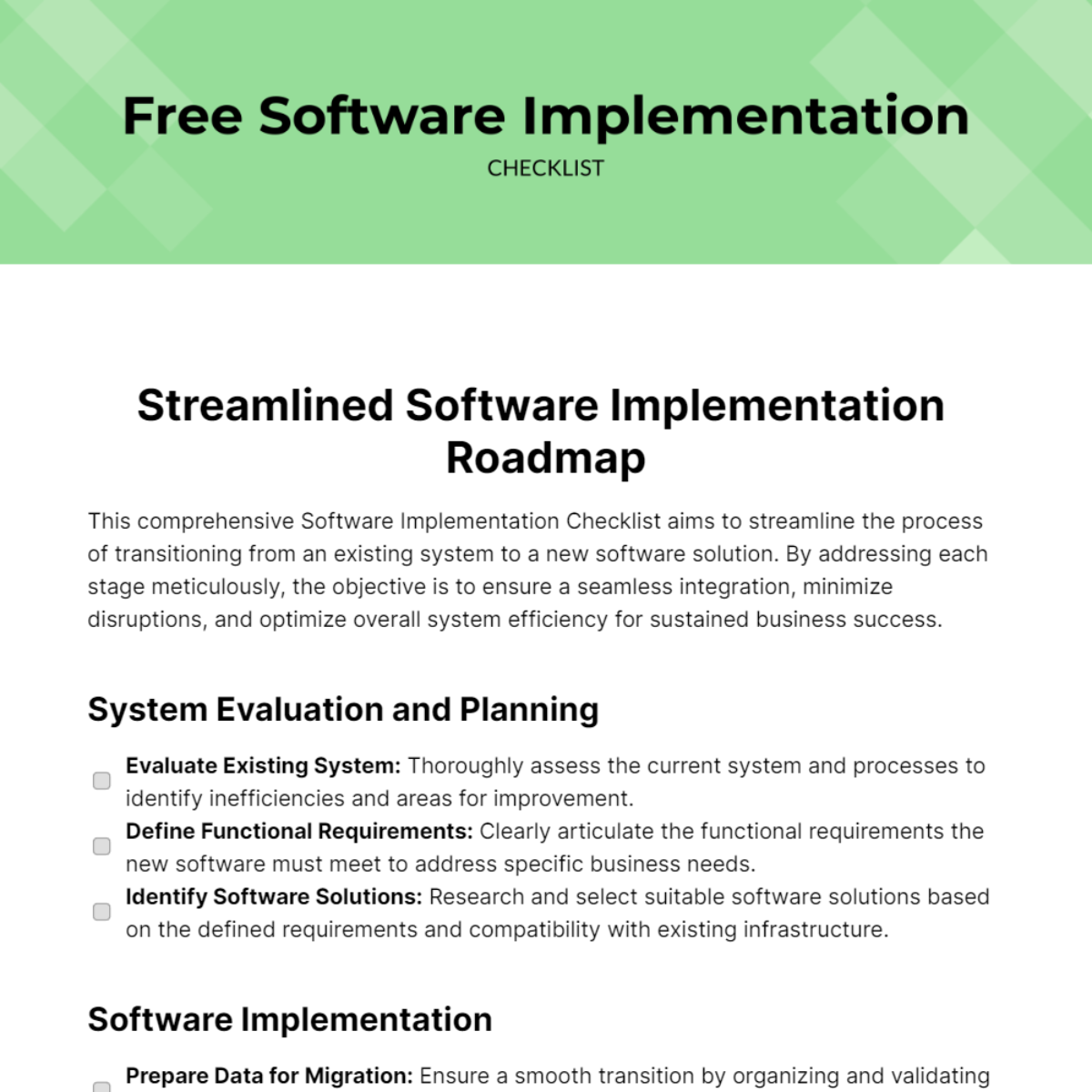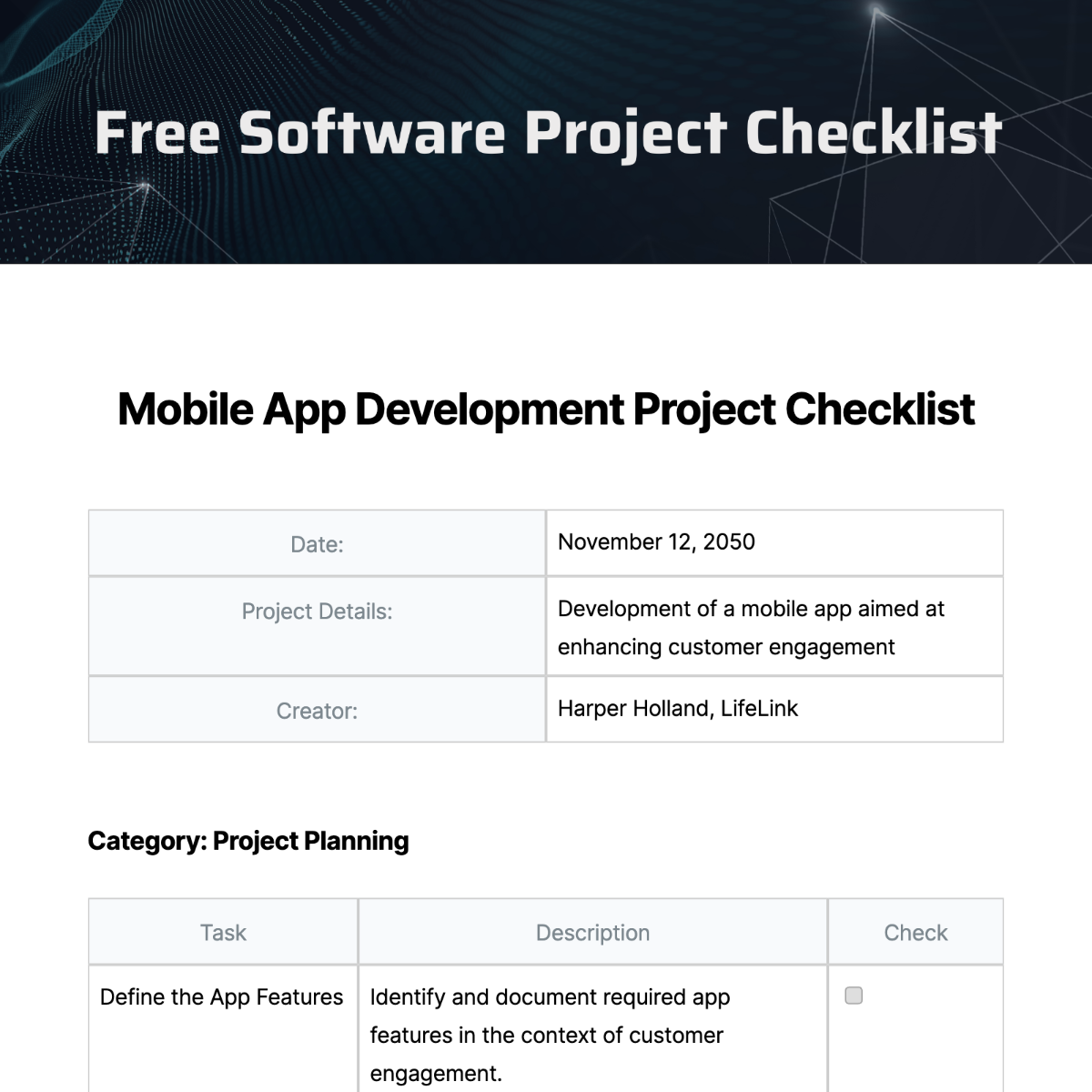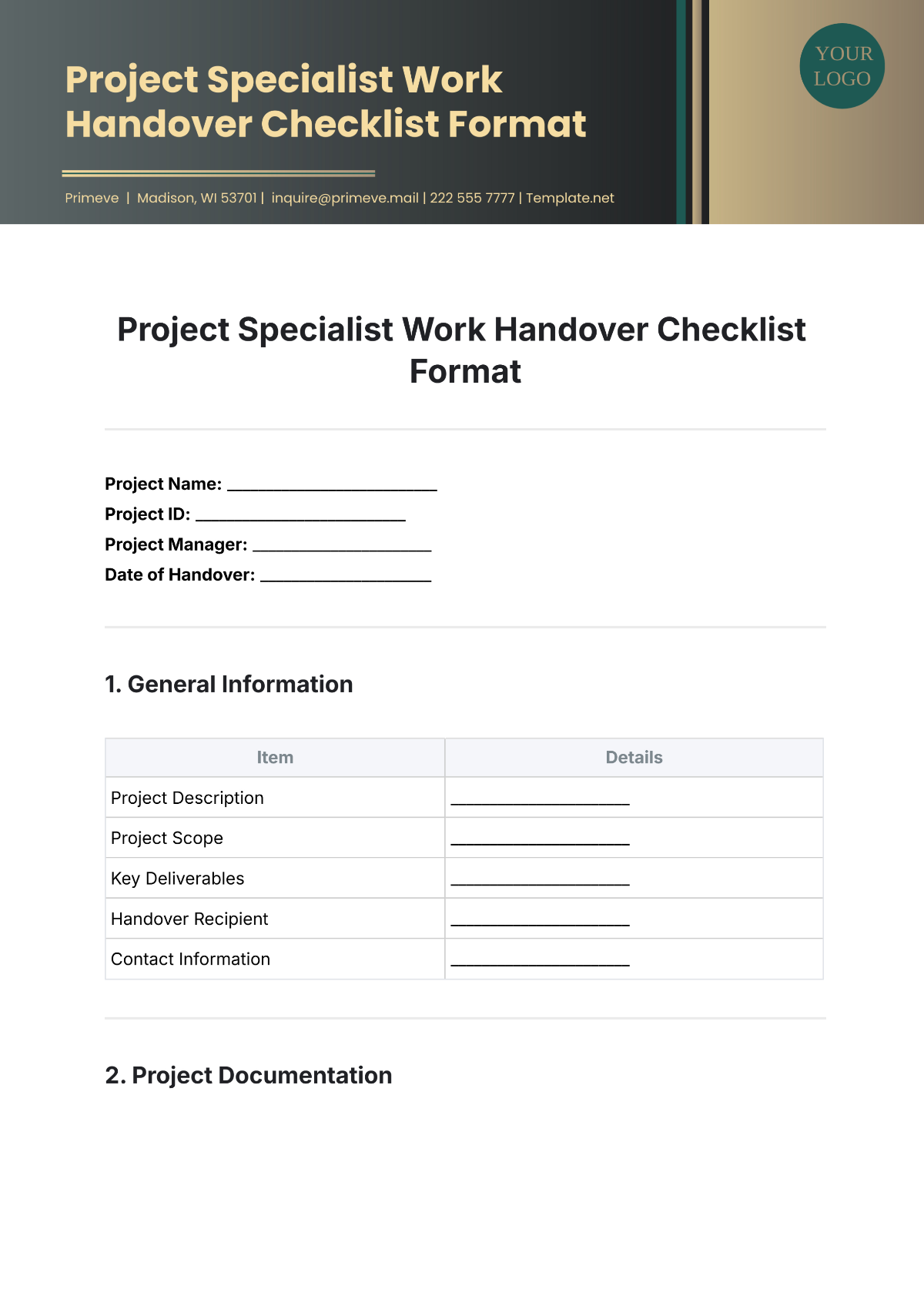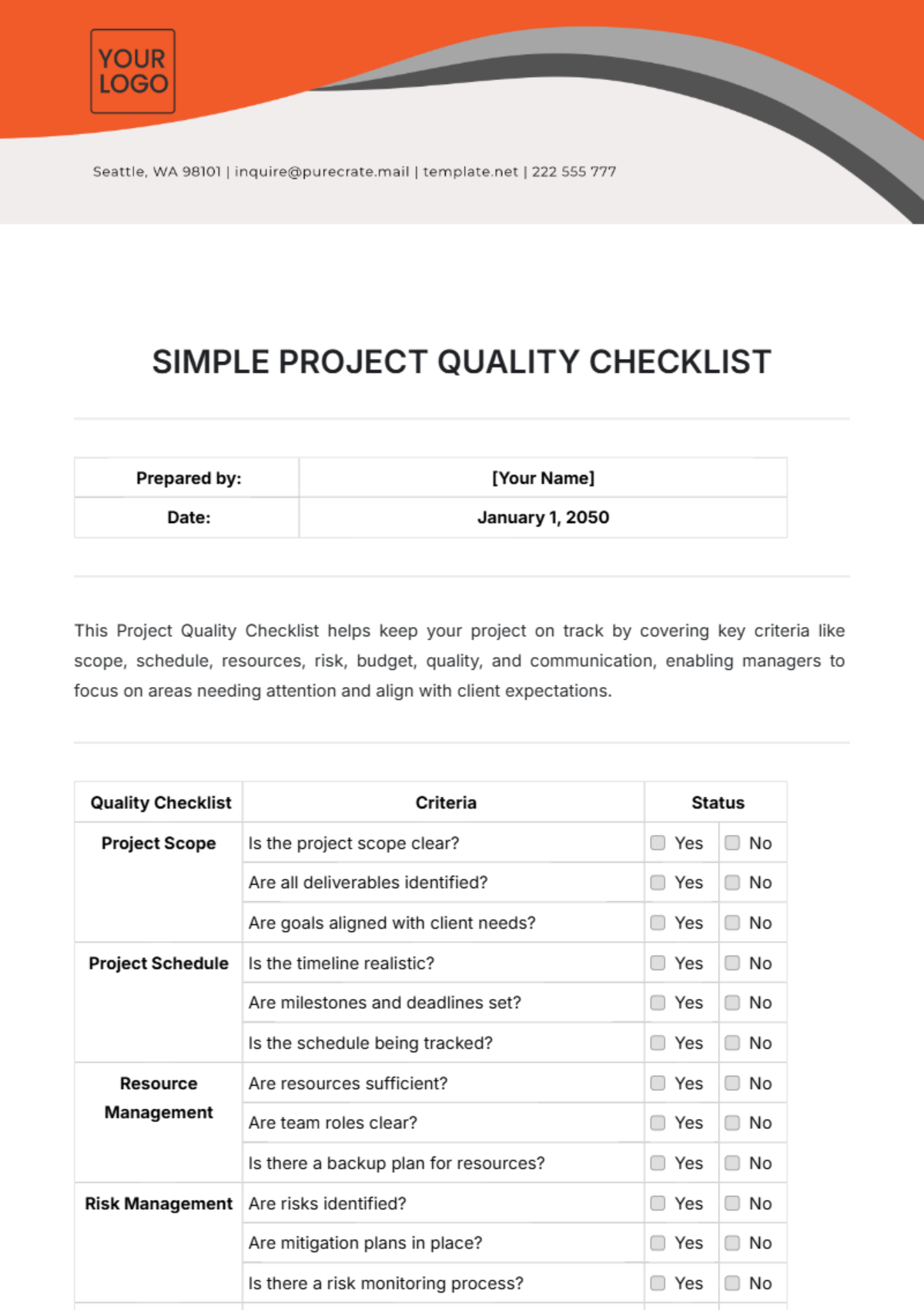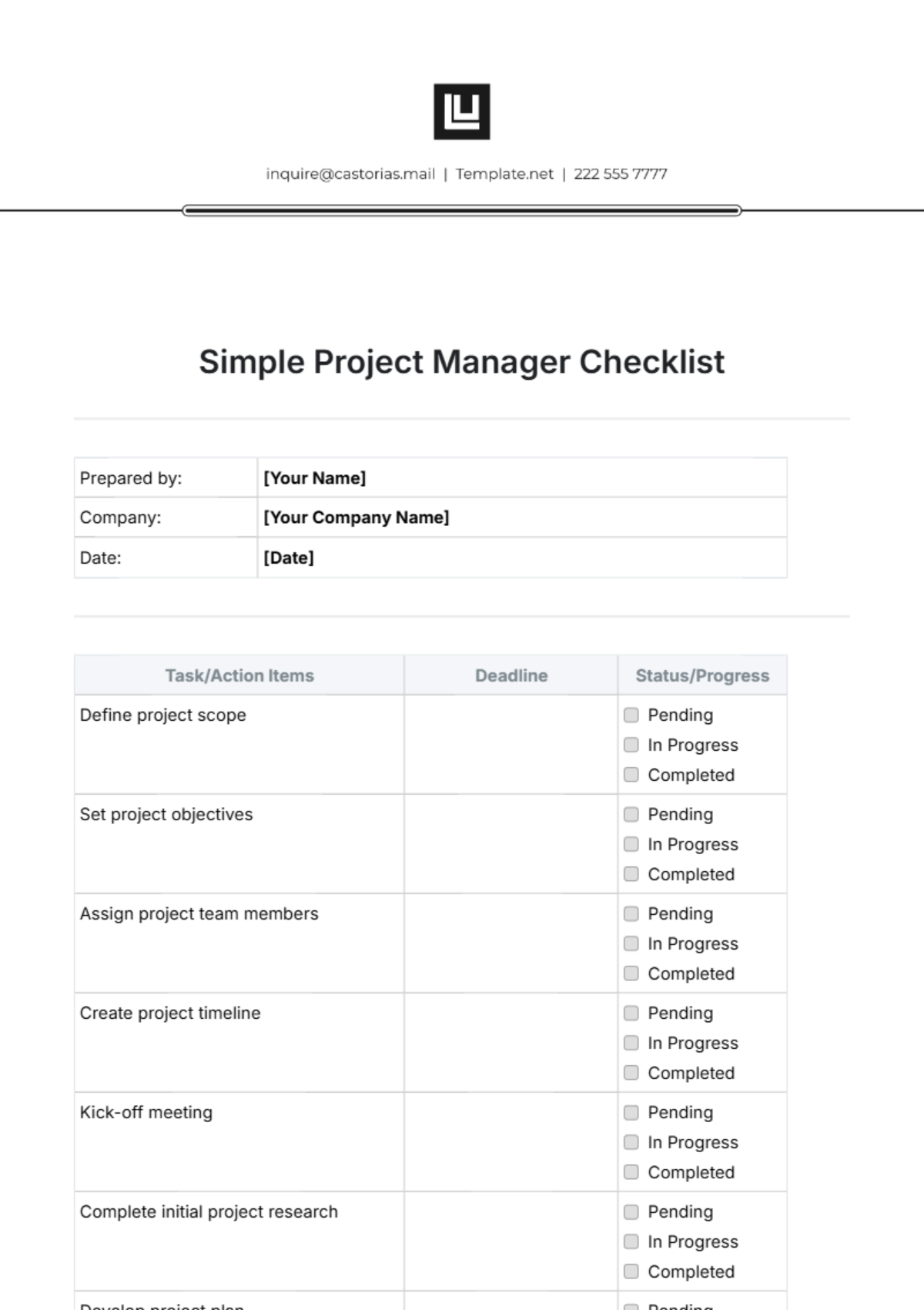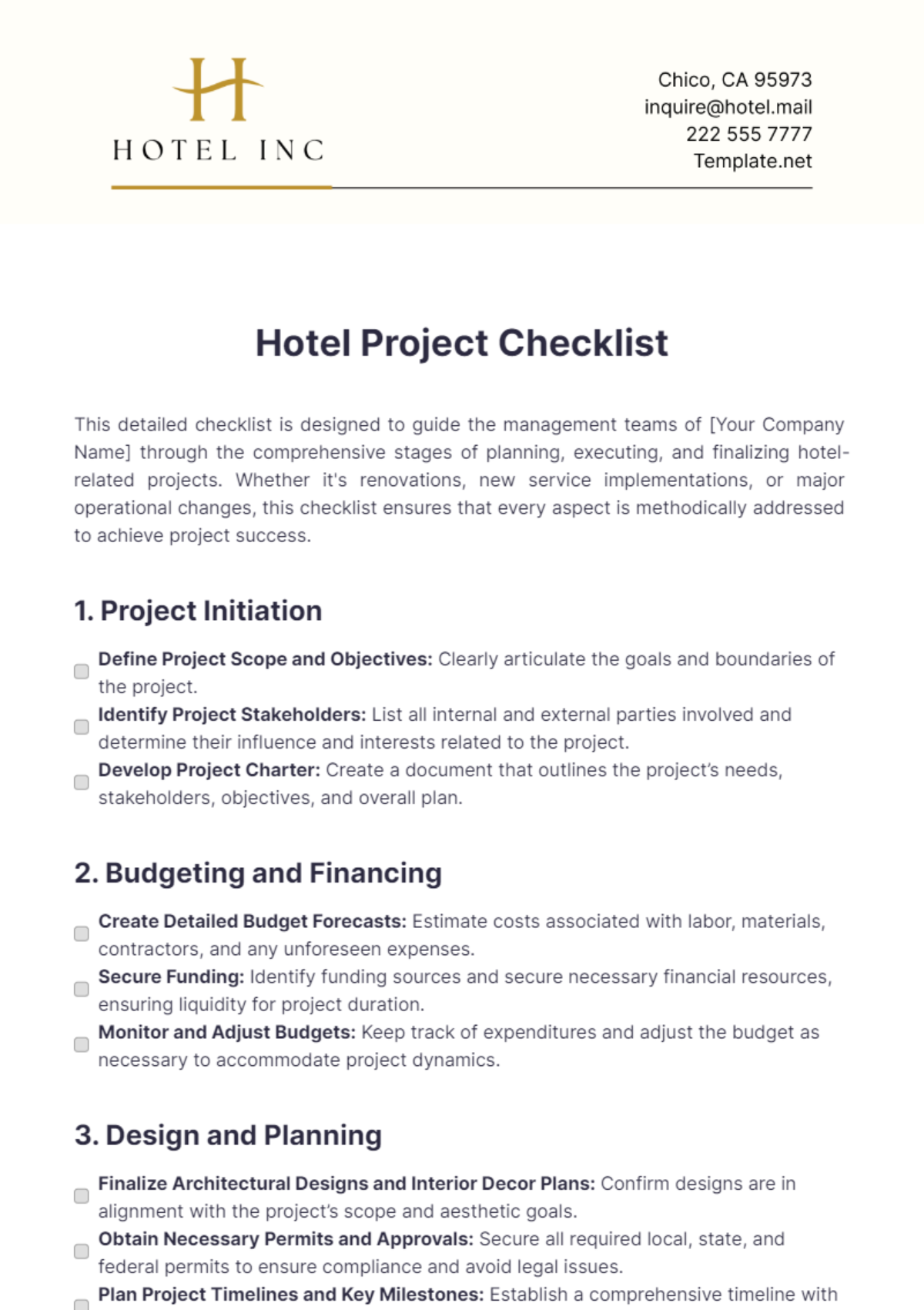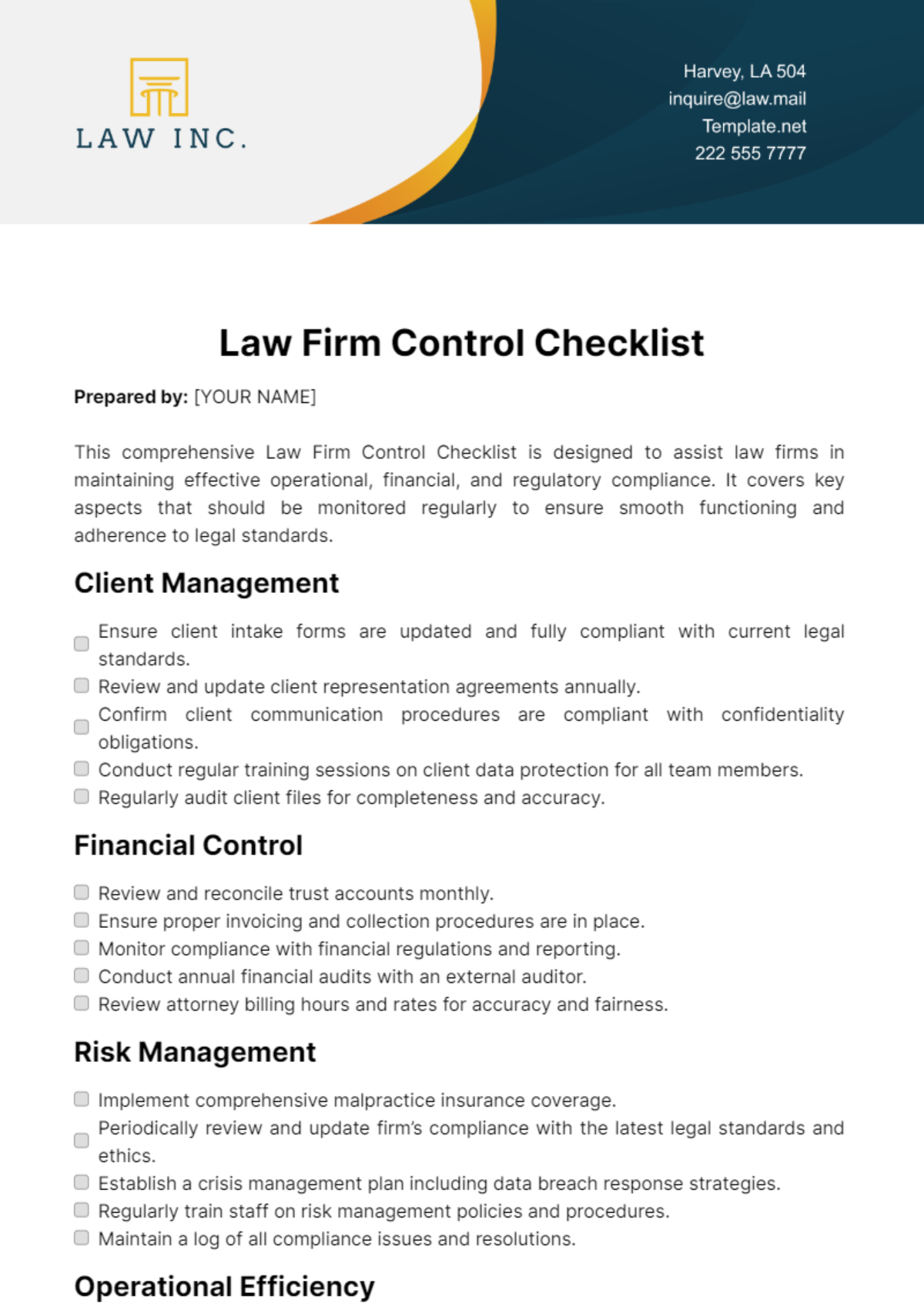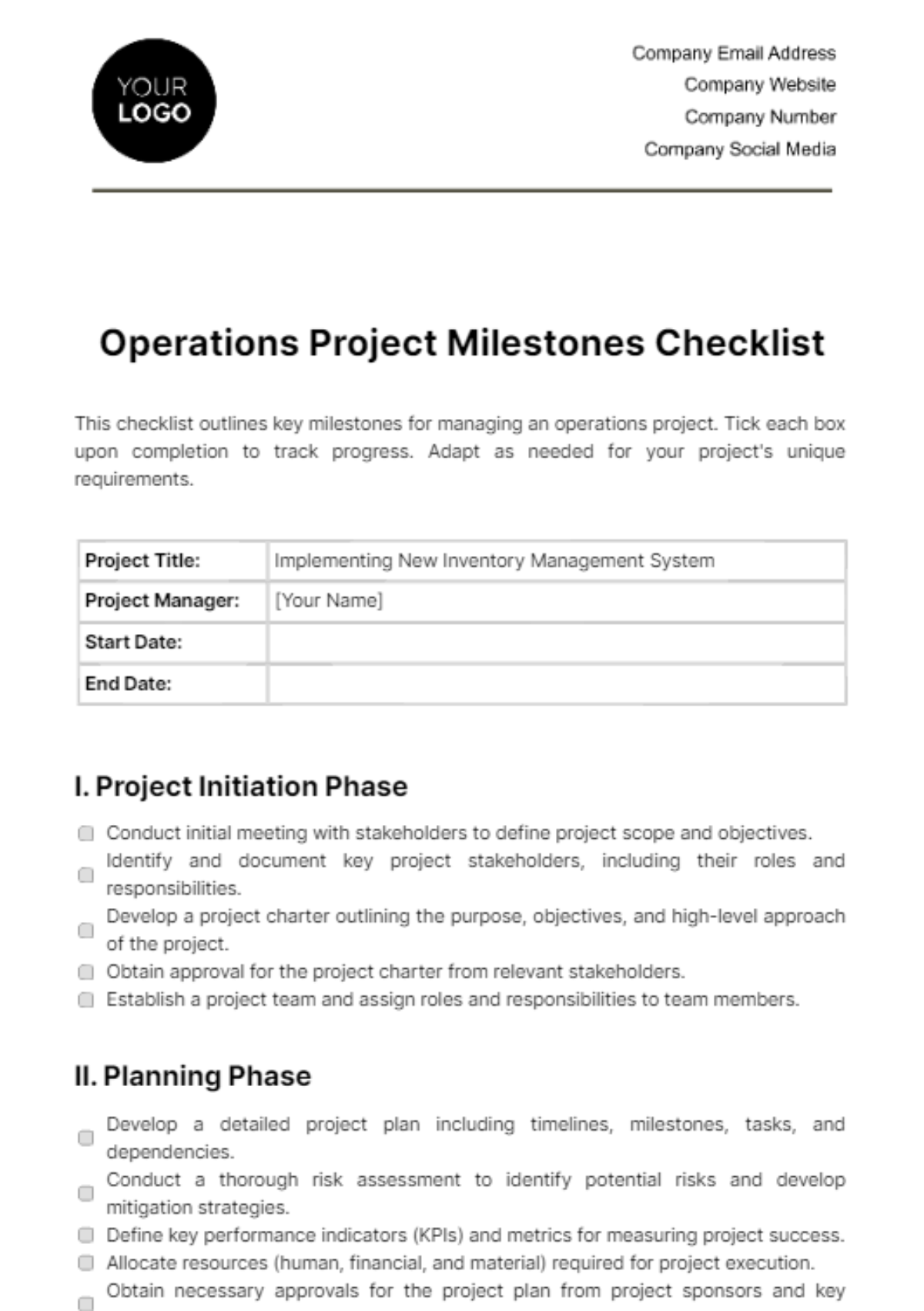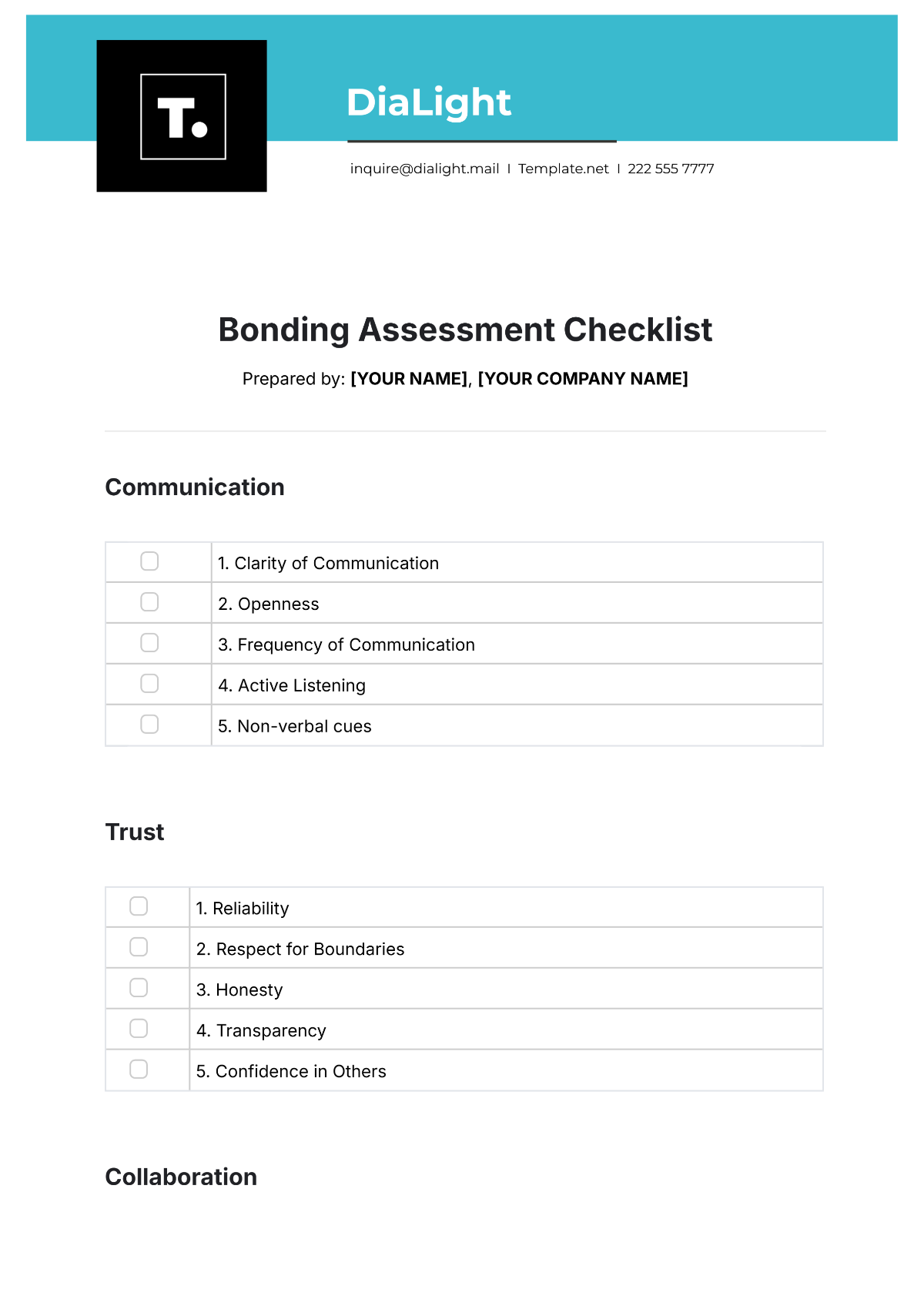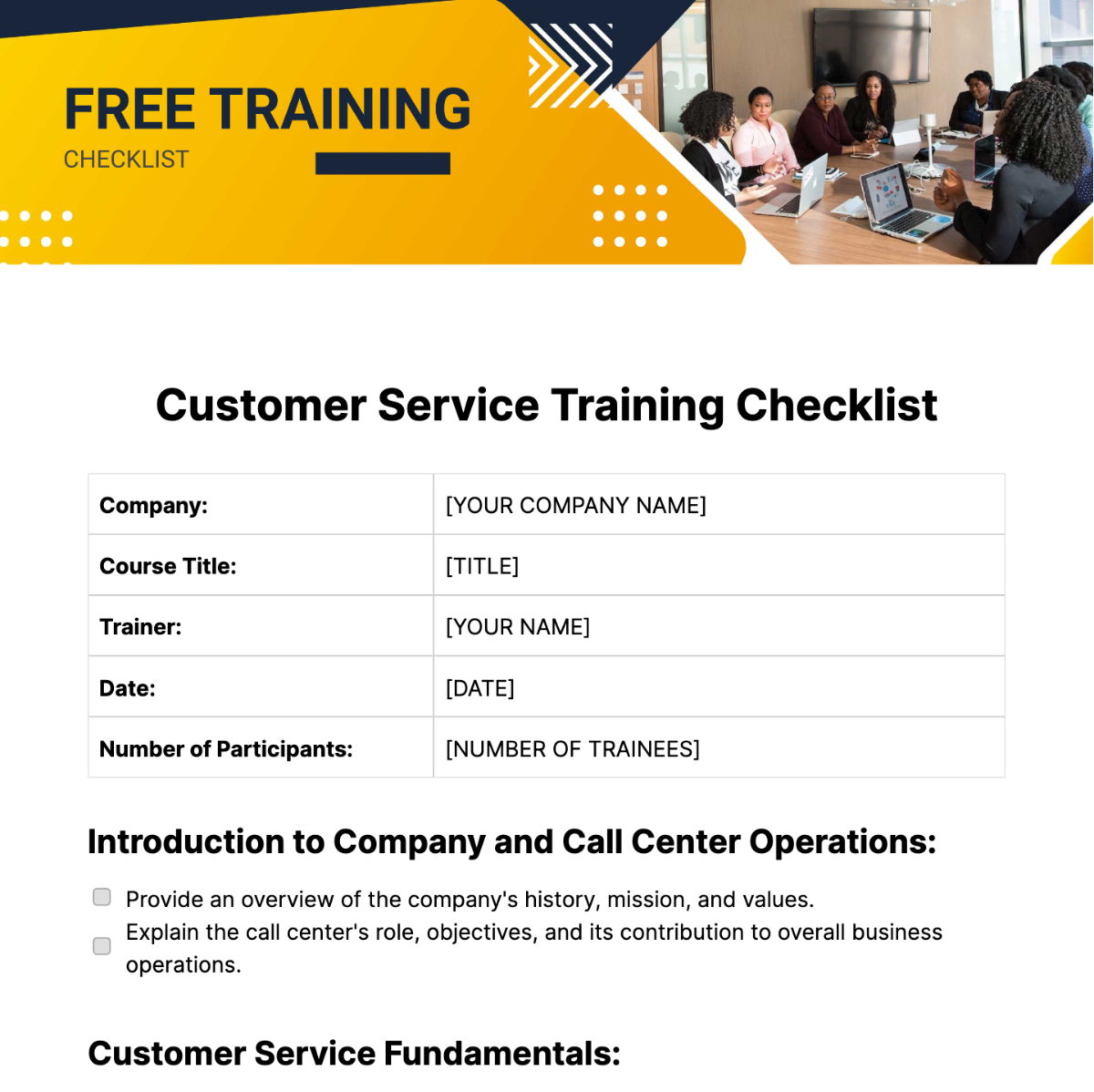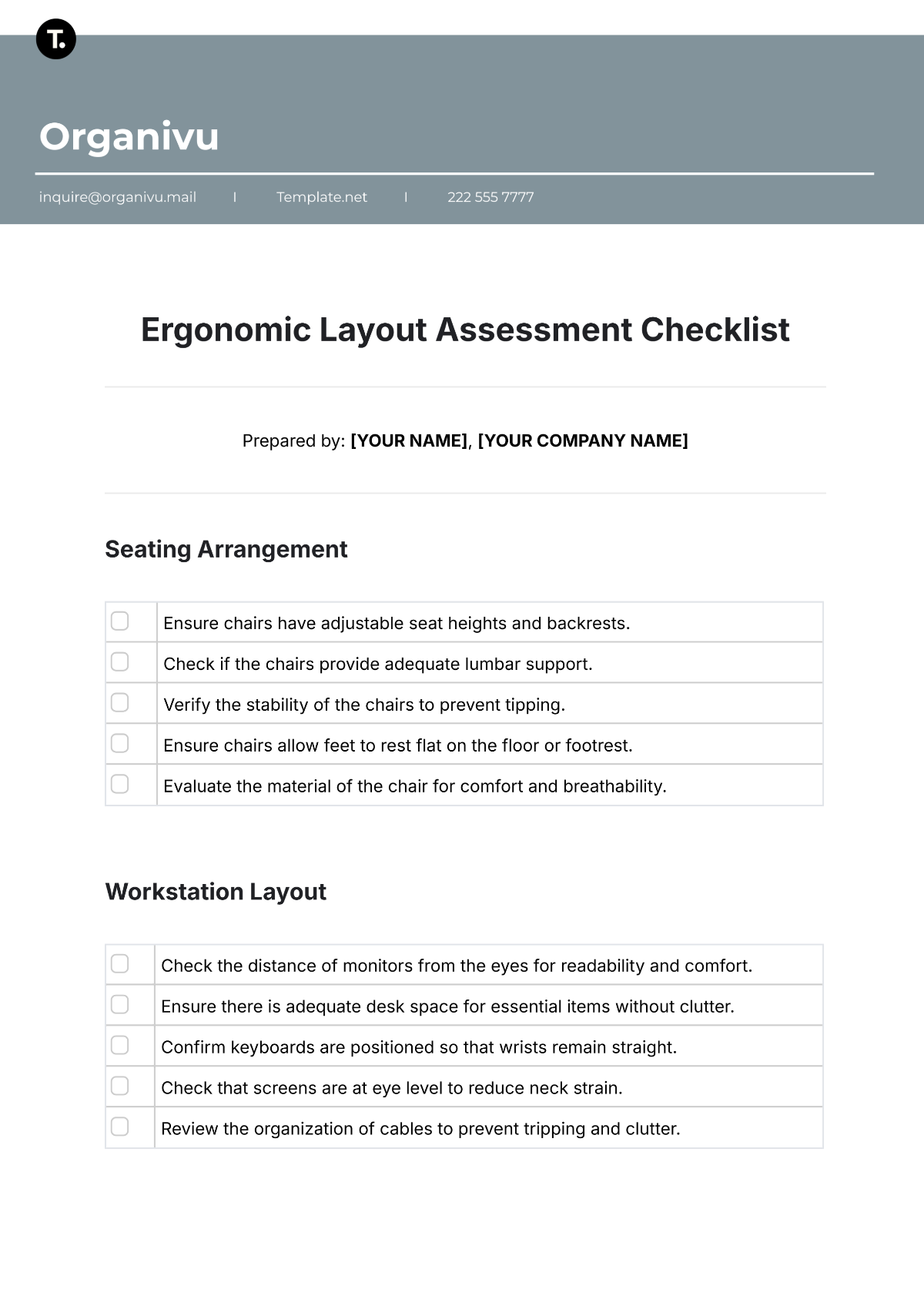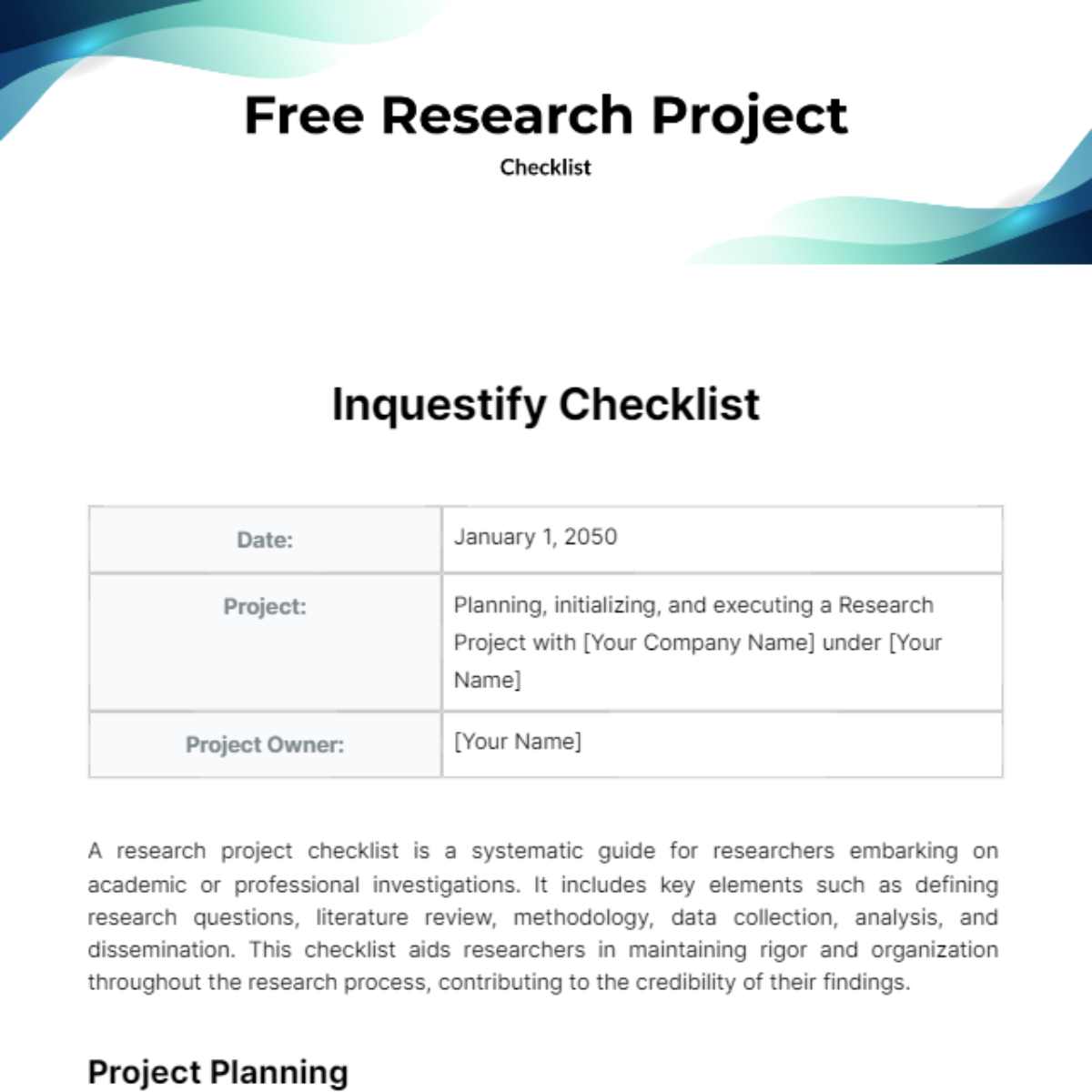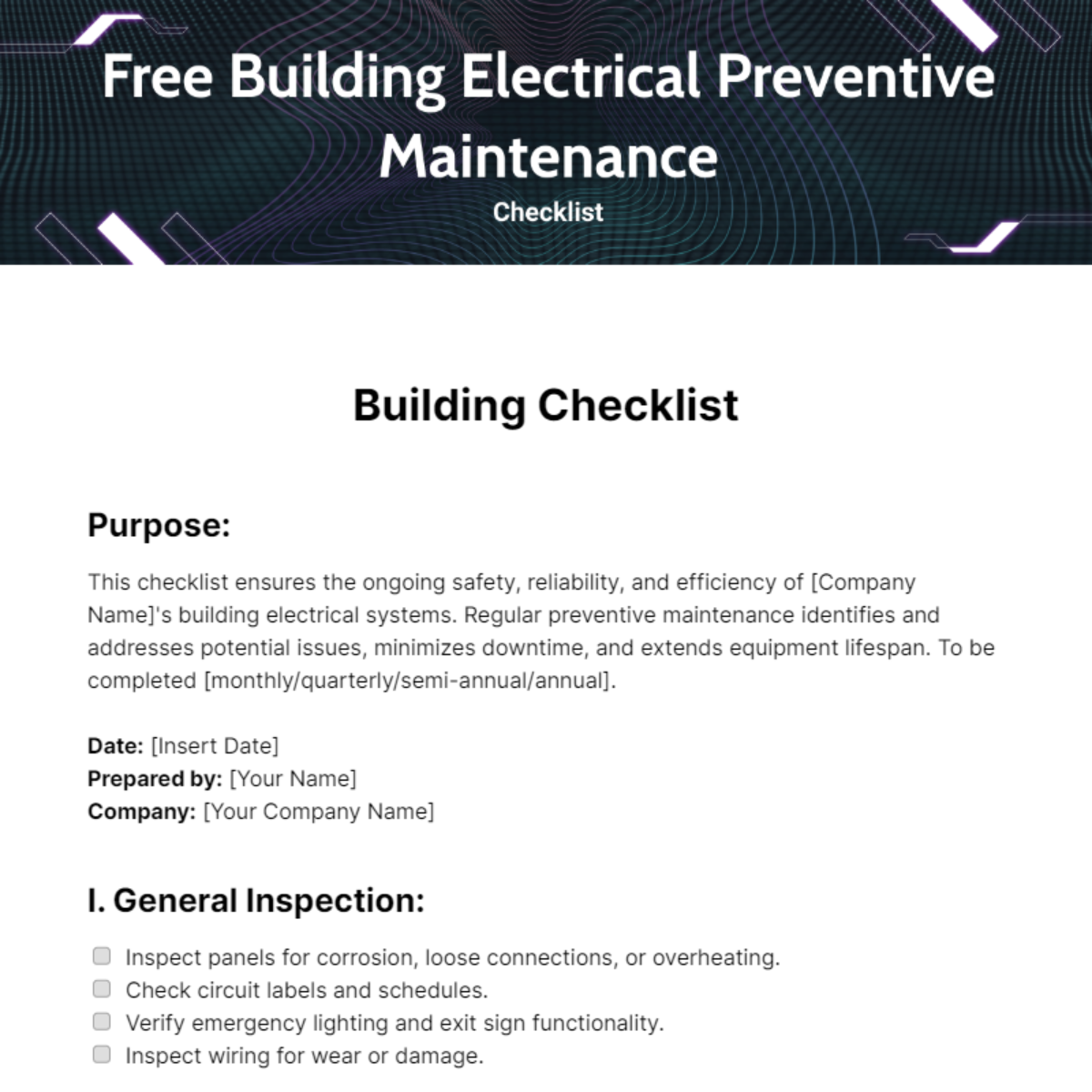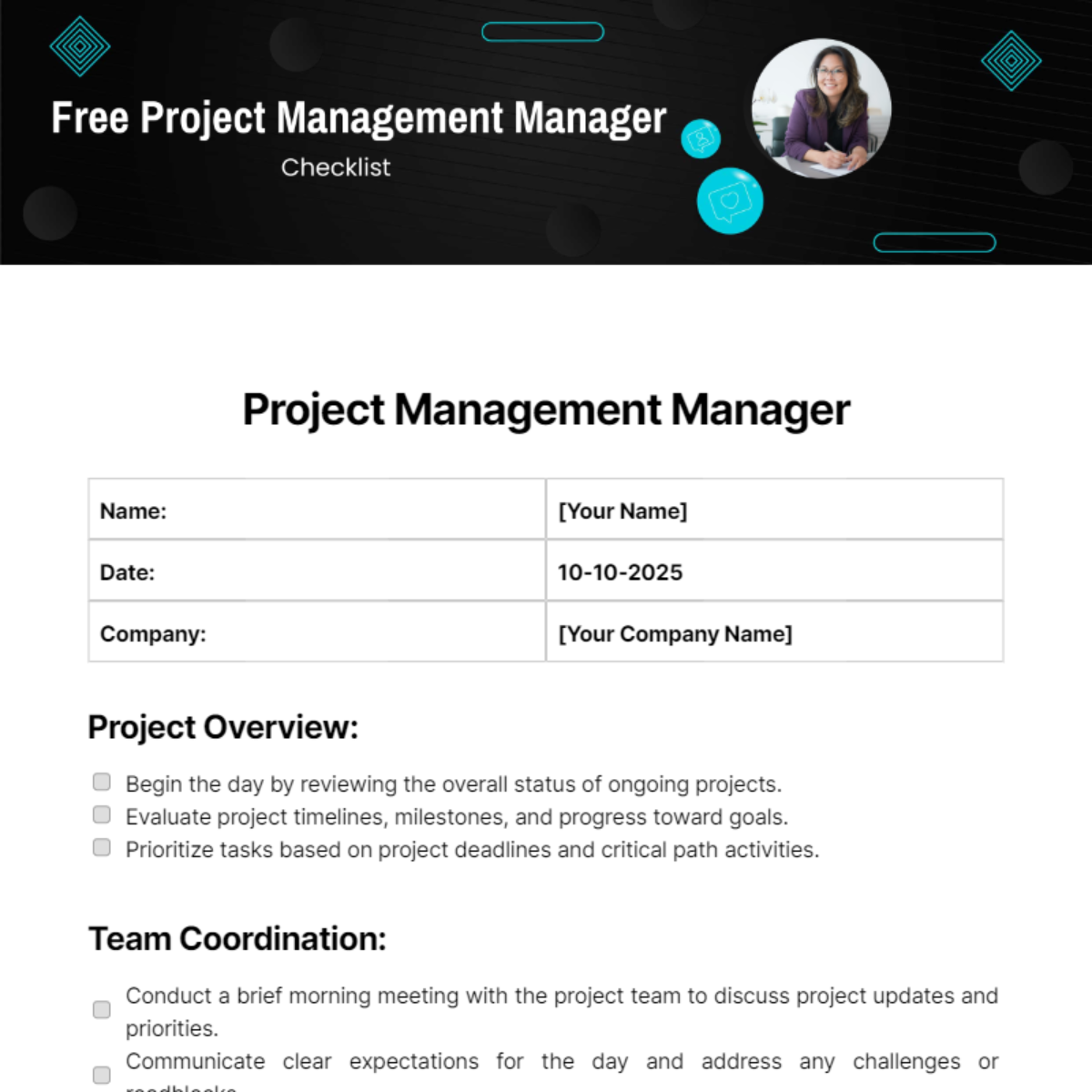Aesthetic Pre-K Assessment Checklist
Prepared by: [YOUR NAME], [YOUR COMPANY NAME]
Social and Emotional Development
Determine if the child can follow classroom rules and routines, showcasing an understanding of structure and expectations. | |
Assess their ability to respect personal space, an integral aspect of social interaction. | |
Evaluate how the child expresses feelings, ensuring they can communicate without resorting to excessive tantrums. | |
Gauge their capacity to work harmoniously with peers, fostering social collaboration and cooperation. | |
Determine if the child can independently manage basic self-care tasks like using the restroom and washing hands. |
Physical Development
Assess whether the child can confidently hop, skip, and jump, showcasing gross motor skills essential for playground activities. | |
Assess their ability to button up clothes and hold a pencil correctly on their own, reflecting essential fine motor skills for dressing and writing. | |
Observe if the child can draw shapes and cut along a line with scissors, demonstrating the integration of visual and motor skills. |
Academic Development
Assess the child's grasp of basic colors and shapes, foundational for early cognitive development. | |
Evaluate their ability to recite the alphabet and count to at least 10, indicating early language and numeracy proficiency. | |
Observe if the child shows interest in books, identifying a few words, or constructing simple stories using visual cues. | |
Evaluate their capability to listen to and follow simple instructions, essential for classroom participation. |
